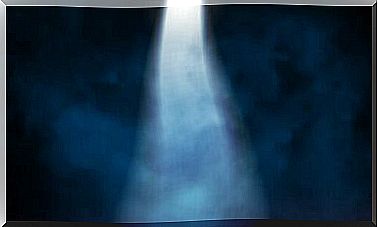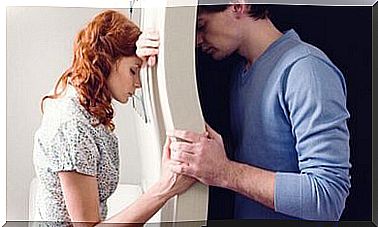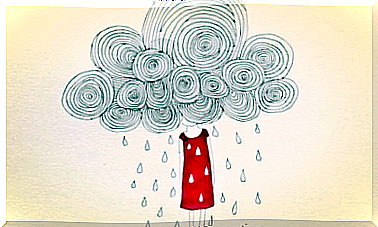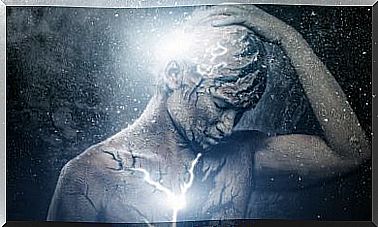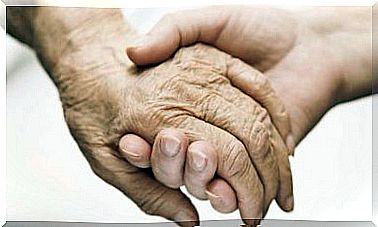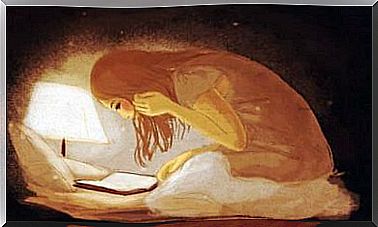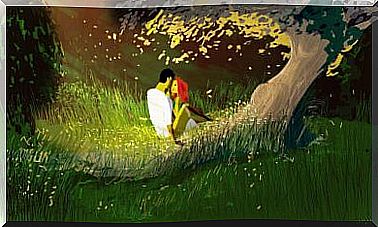What Are Parasocial Relationships?
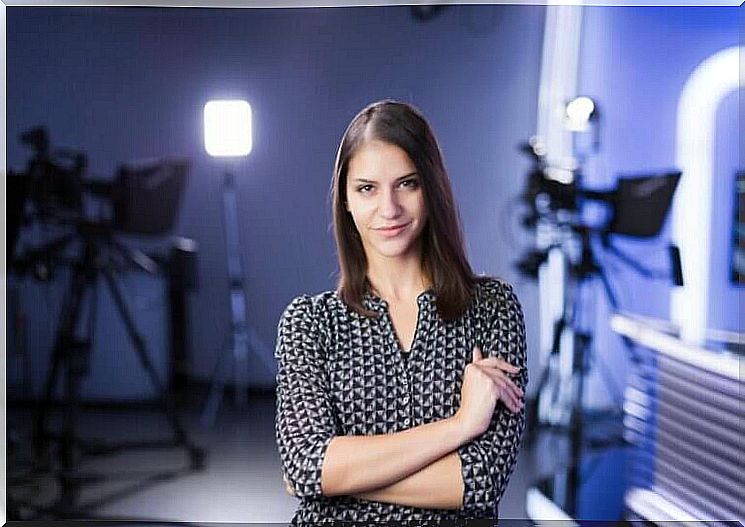
What are Parasocial Relationships? Before answering this question, we ask you the following question: Have you ever wondered what effects the media have on your behavior? This question concerns parasocial relationships, a curious phenomenon that we develop with the people we “know” through the mass media.
It is a reality… The mass media have the capacity to influence. It will depend on different factors: our behavior, our thoughts, our actions …
The way the media speaks to us is often designed in such a way that we think it is personalized, when in reality, as an audience, we are a homogeneous mass of individuals. For example, think of a simple detail: How many spam emails , aimed at various people, include your name?
Find out below what parasocial relationships are, why they occur, what feelings are associated with them, and how they influence our behavior. So read on!

What are Parasocial Relationships?
Parasocial relationships are those we establish with public figures. This term encompasses all relationships that involve a media personality, whether real or fictitious (including cartoon characters).
Let’s take an example in order to better understand. Say we meet a famous person at the supermarket, someone we sympathize with. We’ll probably approach her to ask for an autograph or try to establish some kind of conversation… As if we really trust this person.
This is the reason why parasocial relationships are actually bogus social relationships. The relationship is indeed not “real”. It arises from the desire to meet this person “in real life”, even from our admiration for them. Roughly speaking, the spirit is deceiving us!
We perceive this relationship as close and intimate when in reality we do not really know this person; we make a picture of her based on what the media shows us. Specialists speak of a non-reciprocal, one-sided relationship. It is therefore a pseudo-link.
The origin of the term
It is the authors Horton Donald and Richard Wohl who for the first time in 1956 speak about parasocial relations. Their definition of the concept is: “unconscious creation of a close relationship with a media person whom we experience so intensely”.
The authors also add that this type of relationship is one-sided (only we believe it). As Caro (2015) quotes, it is according to them “ the illusion of a reciprocal interaction that the public experiences with media personalities ”.
Feelings associated with parasocial relationships
One of the hallmarks of parasocial relationships is that we end up feeling very identified with the media person in question. We thus have the impression of having a real relationship and then develop a strong empathy towards her. The opposite can also happen, namely rejection or aversion.
What characterizes these types of relationships the most is the feeling that we really know a person just because we follow them through the media. This is a very special link, because it only exists on our side (this is why we are talking about a pseudo-link).
Communicator Ileana Caschi considers that parasocial relationships are a communicative phenomenon that makes us aware of certain media content only because X ”person broadcasts it. This situation stems from the fact that we think we are more than “just a spectator”. Our brain has a lot to do with it.
Who do we develop parasocial relationships with?
As mentioned previously, this type of relationship develops with any famous person (even fictitious). So these are usually people who appear on TV, radio, social media, and even print media.
It doesn’t matter what this person’s profession is. They can be artists, athletes, presenters, politicians, singers. They can also be fictional characters, like the protagonists of cartoons (especially in the case of children).
How long do these relationships last?
There is no concrete answer to this question. Parasocial relationships are indeed undefined; it will depend on how long that media person is meaningful or important to us, and also how long that person is in the media.
Why do we develop these kinds of relationships?
Parasocial relationships have a strong connection with our subconscious (or unconscious). Let’s illustrate this with a simple example. Our minds subconsciously “believe” that all of the content offered by the public figure was created especially for us.
In other words, the mind deceives us and makes us believe that the content is, in some way, exclusive to us, even though we know that we are just one spectator among others. This would explain why we feel so united or so involved in this type of context.

The strategies of public figures
The people with whom we develop parasocial relationships are well aware of the mechanisms that reinforce these types of feelings. It is no coincidence that they look at the camera and speak mainly to their audience. We see it in Youtubers or TV presenters.
Neuroscience explains that the brain is programmed to interpret a straight gaze in the eye as a strong attention signal. In other words, seeing that they are looking us in the eye makes us feel that they are talking to us directly.
Added to all this is the empathy and attention that these people awaken in us through their verbal and non-verbal language. This promotes the emergence of parasocial relationships. Not to mention the degree of credibility of this person or his physical and intellectual attractiveness …

